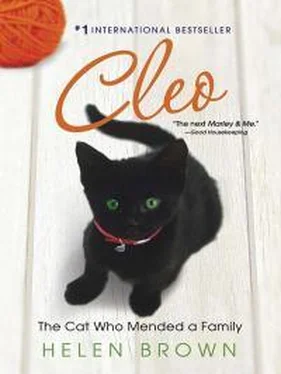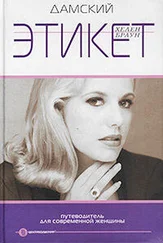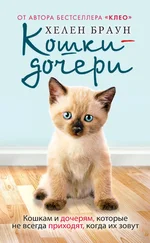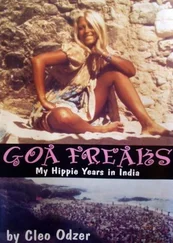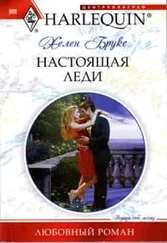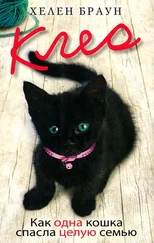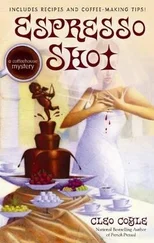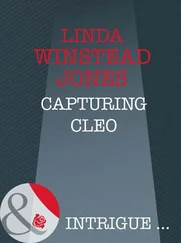At the same time, I registered the incongruity of the situation. The purpose of my visit had been to cheer Jessie up. Now here she was, standing in her white nightgown, trying to soothe me. Having trained as a nurse, Jessie switched into practical mode. She rang the hospital’s accident and emergency ward. When she asked if Sam was D.O.A. the logical part of my brain deciphered the abbreviation. I’d heard it as a cadet reporter late at night on the police round. Dead On Arrival. Leaden with resignation, she put the phone down.
I wept and raged, but couldn’t encompass the grief. No collection of human tissue was resilient enough to endure such pain. My life was over. Time squeezed up like an accordion. We waited for Steve and Rob to arrive. Refusing offers of tea and alcohol I watched light filter through a window and listened to the bellowing from the back of my throat. Part of my mind was curious about the noise my body made, and the way it seemed to go on like a chant, for infinity.
I wanted to compose myself for Rob’s arrival. The poor kid had seen enough. But my mind and body refused to obey instructions. I’d become a roaring animal. We waited maybe twenty minutes for Steve and Rob to appear in Jessie’s hallway. It felt more like twenty years.
They materialized like a pair of ghosts, a sad man, hunched over as if he’d been shot in the stomach, holding the hand of a traumatized child. I’d seen that body language before in photos of refugees and war victims. Steve’s face was blank as a wall, his eyes empty like a marble statue’s. Rob seemed to have shrunk into himself. I looked into the boy’s face, so passive and contained. Falling to my knees, I wrapped my arms around our surviving son, and wondered what nightmares were whirling inside his head. He’d just seen his brother run over and killed. How could he ever recover?
Clutching my son, I sobbed. My body shook. The intensity of my grip must’ve been frightening. He wriggled and withdrew from my embrace. Trying to regain composure, I asked Rob what had happened. He explained how he’d tried to stop Sam crossing the road, to wait on the footpath until the bus had gone, but Sam wouldn’t listen. His last words to Rob were “Be quiet.”
Sam had looked like a cowboy lying on the road, Rob said, with red string coming out of his mouth. It took a while for me to understand what he’d meant by red string. His young mind had interpreted the scene as a Western movie. Sam had become John Wayne, flat on his back after a gunfight, with stage makeup trickling down his chin. It was my first glimpse of how differently a child perceives death.
As we staggered numbly towards the car, Rob asked if he could have Sam’s Superman watch. I was shocked, but he was only six years old.
The road unfurled beneath us like licorice. Houses peeled away at drunken angles. I hated this town with its hills and twisted streets. Everything about it was harsh and ugly, on the brink of destruction. I didn’t want to go back to the house. Couldn’t face the zigzag and the sight of Sam’s possessions. But there was nowhere else for us to drive to.
When Steve asked if I wanted to see the footbridge I hammered my head against the car window and screamed. I never wanted to go anywhere near that thing. He drove the long way home so we wouldn’t have to pass under its shadow. People might still be there, shaking their heads, looking for stains on the tarmac.
Accusations shot like flames from the back of my throat. I yelled at Steve, demanding to know why he hadn’t driven the boys to the vet. He’d been busy with the lemon meringue pie, he replied. Wild as a she-wolf, I accused him of caring more about lemon meringue pie than his sons. A cooler part of my mind knew that my behavior was cruel and irrational.
Absorbing my recriminations without the retaliation they deserved, Steve pointed out that the vet was only a short walk down the hill. He reminded me the boys knew the road rules, and there was no stopping Sam when he got an idea in his head. “We both know what Sam is like— was like—with animals.” Steve’s change of tense was an obscenity.
Like an octopus, my mind scrambled for possibilities. Maybe there’d been a mistake and Sam wasn’t dead. Steve refused to be dragged into my fantasies. He’d spoken to the ambulance driver, who’d told him he was sorry but our son had passed away.
Passed away? The words unleashed a fresh onslaught of fury. Back in journalism school our tutors had drummed into us that dead meant dead, not passed away, passed over or sleeping in God’s arms. How could an ambulance driver who saw death every day use such euphemistic language?
Ignoring my raving, Steve continued to repeat what the ambulance driver had said. If by some miracle Sam had managed to survive such a severe head injury his only triumph would have been to spend the rest of his life a vegetable. My subconscious snared that snippet of information.
Dead. Lifeless. Gone. Such final words. If our son really was dead, then someone had killed him. My mind boiled, desperate for someone to blame. A murderer who deserved punishment. I created a Hollywood villain inside my head, a man full of hate with a history of crime.
“It was a woman,” Steve said, “a woman in a blue Ford Escort. She’d been driving back to work after lunch. There was hardly any damage to her car. Just a cracked headlight.”
A cracked headlight for my child’s life? I’d kill her.
Staggering down the zigzag to the house I couldn’t believe I’d never again feel Sam’s weight on my lap, his arms around my neck. Never was such a finite word. Rata greeted us at the door, her head to one side, gazing up at us, questioning. I flung myself on her neck and wept. Her head drooped, her tail curved under her hind legs and she tumbled to the floor. Sam’s words echoed in my head. Animals understand…
Hands trembling on the receiver, I made the worst phone call of my life. Mum’s voice sounded nonchalant when she answered. There was no way to soften the news. Her cherished grandson was gone. I was the ultimate failure as a parent. I could hear her intake of breath. Her voice deepened. The tiny part of me that remained an observer was surprised by her calm response. She belonged to a more seasoned, tougher generation that through the horrors of World War II had developed strategies to deal with outrageous loss. She brought my yelps and wails to a halt and said she was on her way.
I fastened the Superman watch around Rob’s wrist and flung myself on Sam’s unmade bed, its sheets and blankets still in the shape of his living body. I drank the smell of his clothes, heard his voice in my head. Steve led me to the living room and coaxed a glass of brandy between my lips. Hot alcohol shot through my veins.
An hour or so later, two policemen, young and embarrassed, arrived on the doorstep. They said the pigeon was still alive and asked what we wanted done with it. What had gone wrong with life’s logic? How could a bird have more right to survival than our boy? Steve told them to take the pigeon to the vet as Sam had wanted. The police also needed someone to go to the morgue and identify the body. Steve steeled himself and went.
He arrived home ashen-faced. Sam still looked the same, he said. Beautiful. Nobody would have known anything had happened, except for the gash in the side of his forehead. Just a tiny gash. He’d meant to cut a lock from Sam’s hair, but had forgotten the scissors. I yearned for the lock of hair, anything that was part of Sam, but Steve was stretched like a rubber band about to snap. I could hardly insist he go back to the morgue.
Mum appeared at the door. She seemed weighted with triple quantities of sadness. On top of her own grief I could tell she was carrying concern for the rest of us. She would have been tired, too, after a five-hour drive. I expected her to burst into tears, but she squared her shoulders and raised her head. I’d seen actors do the same thing before stepping onstage.
Читать дальше
